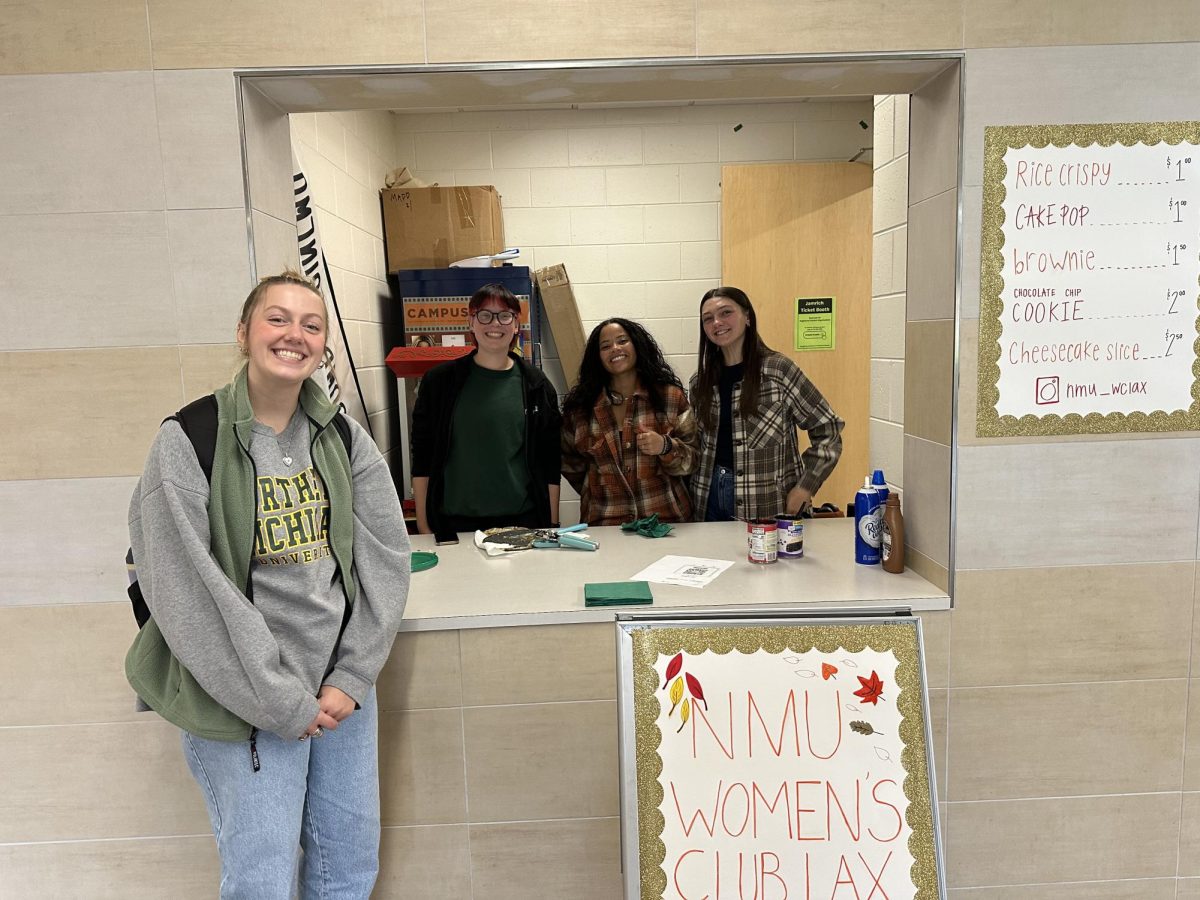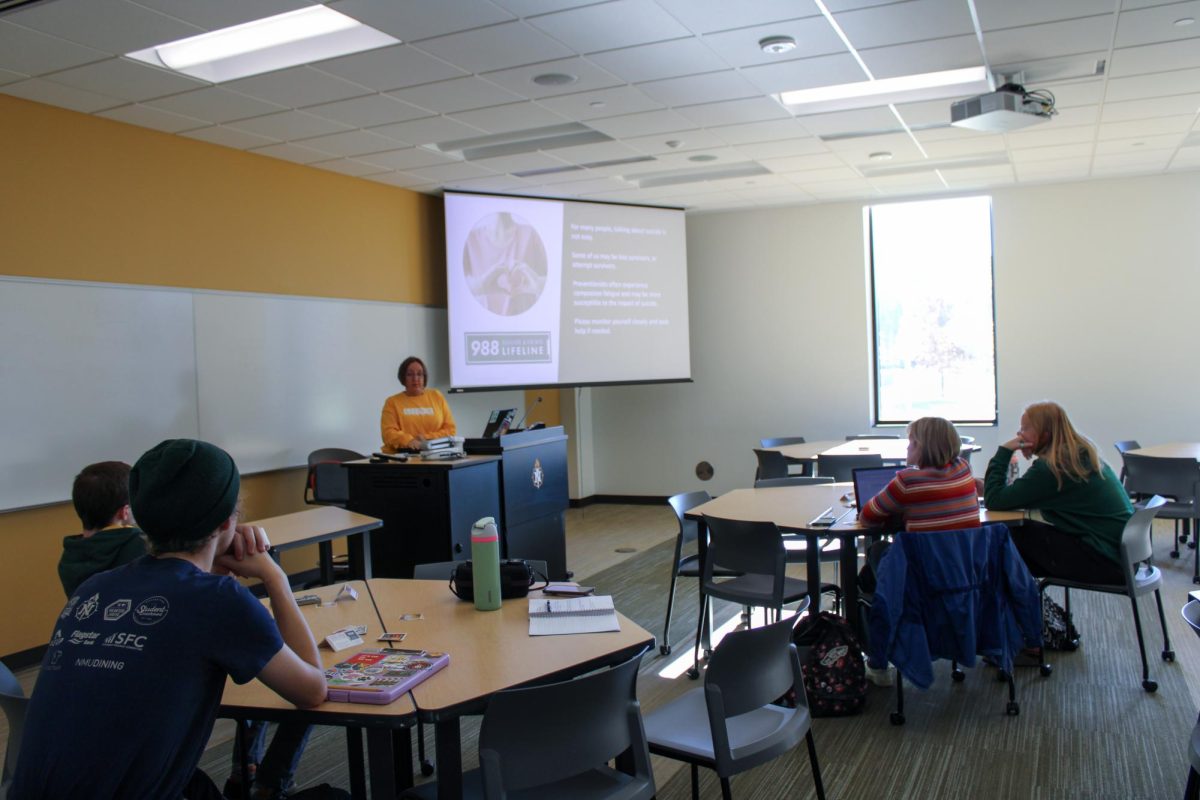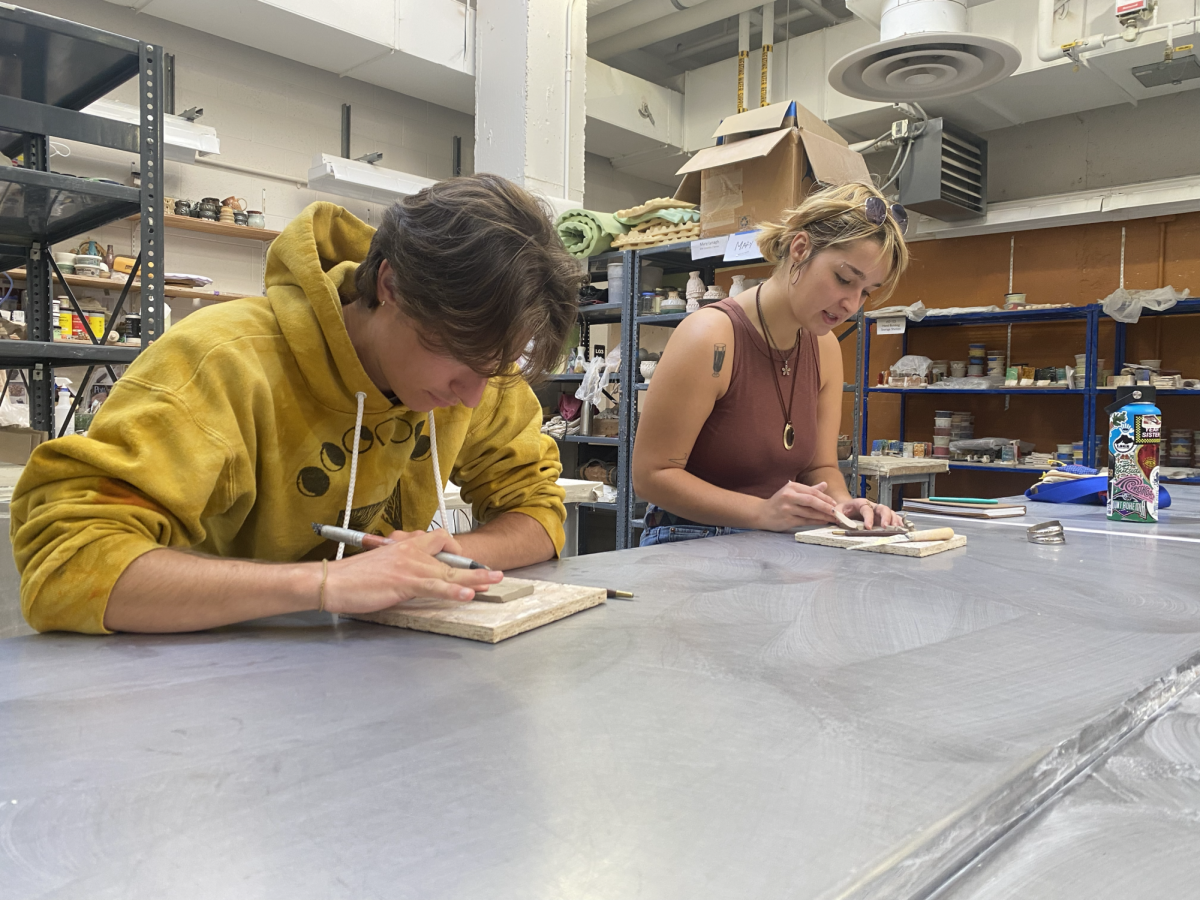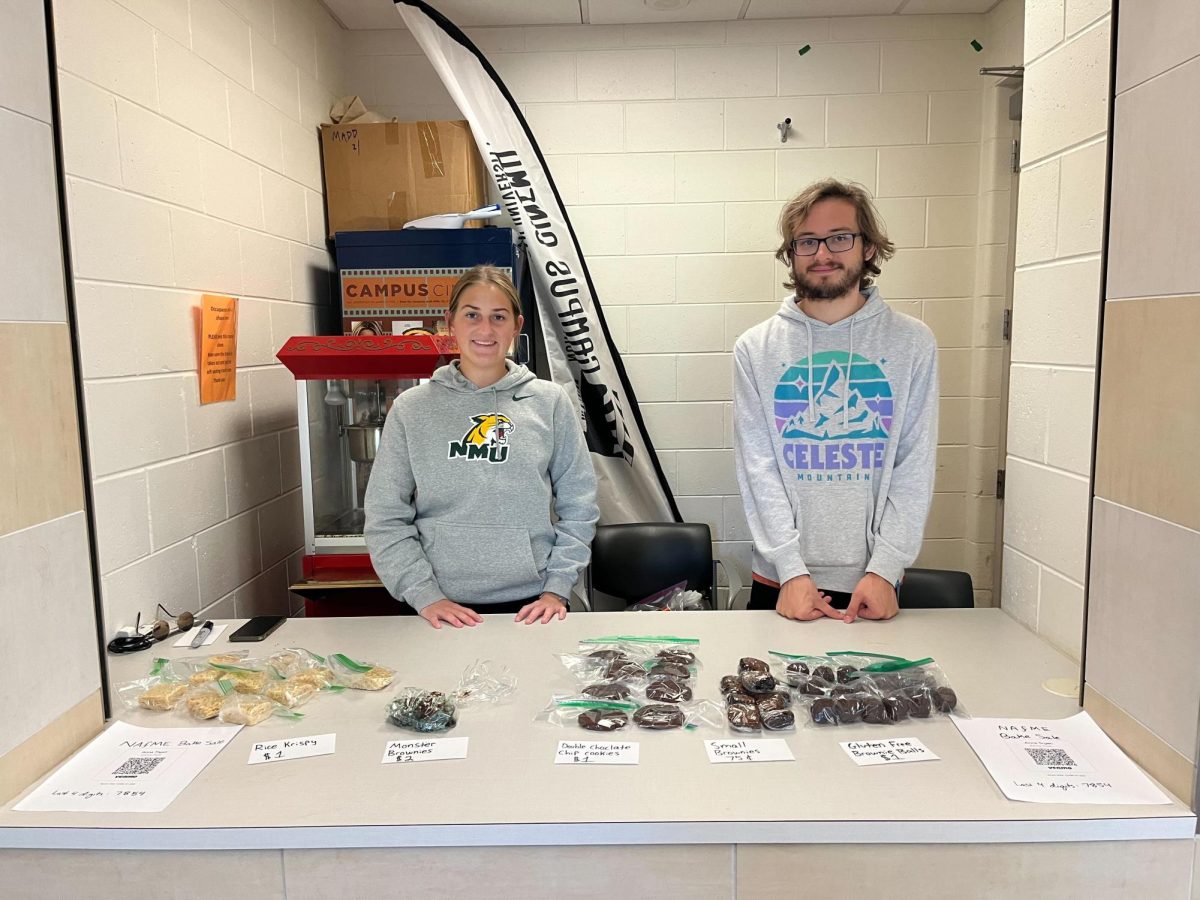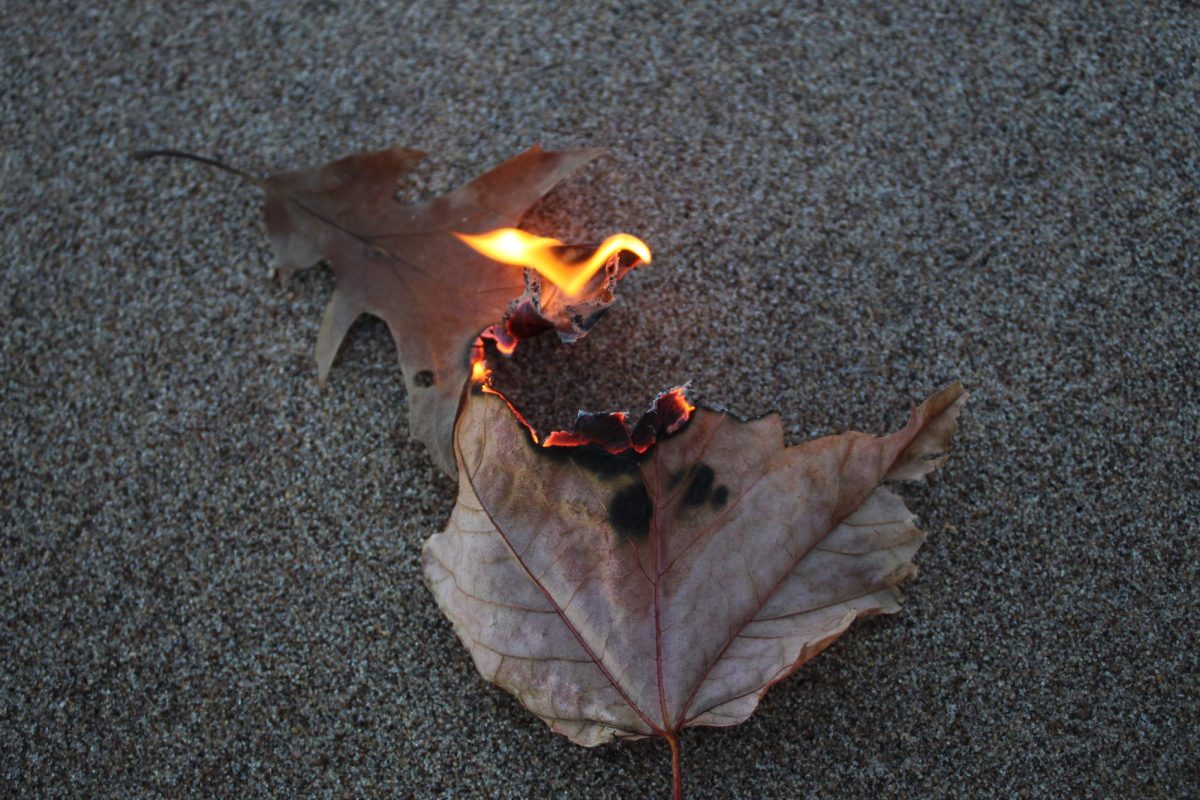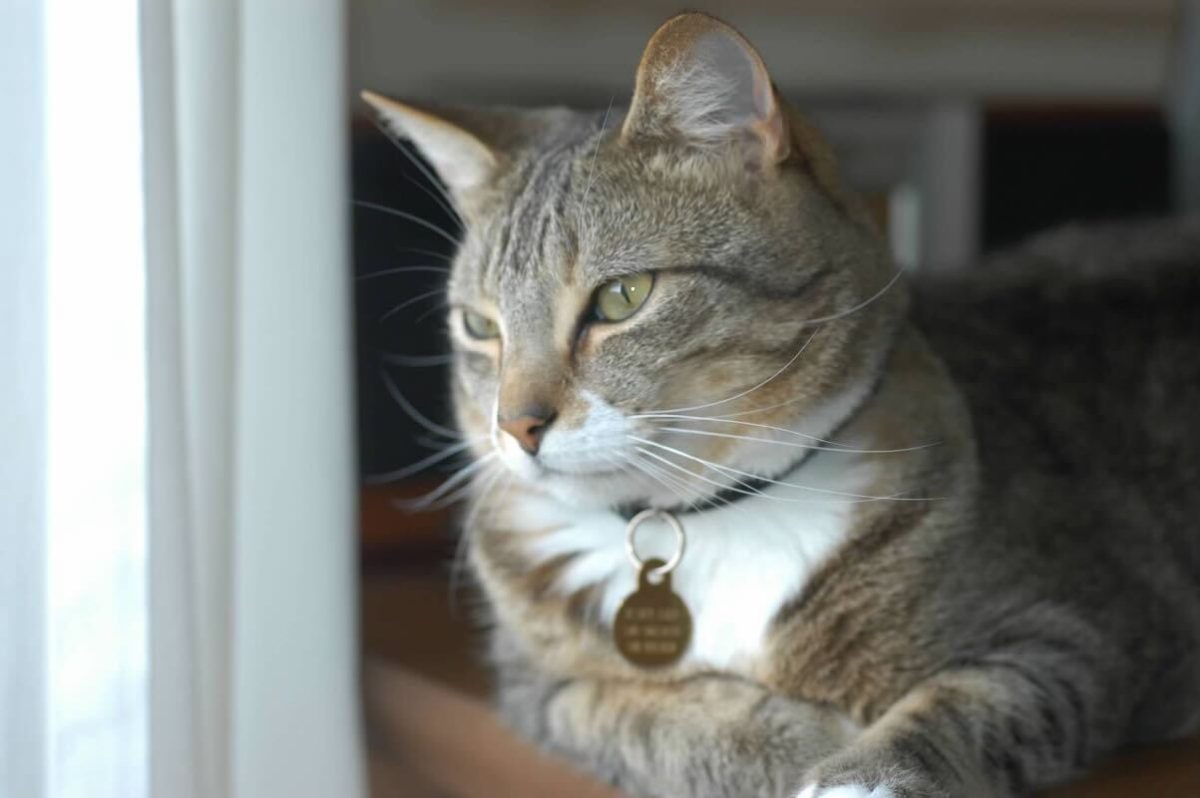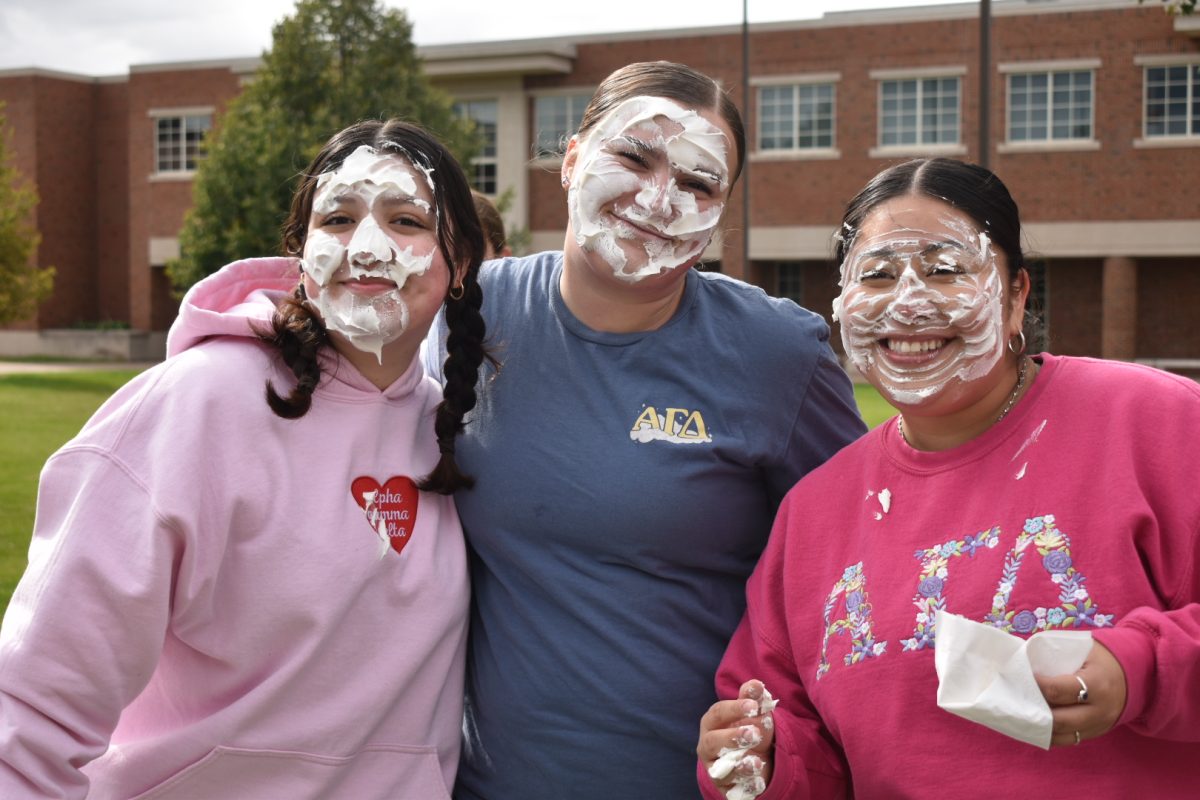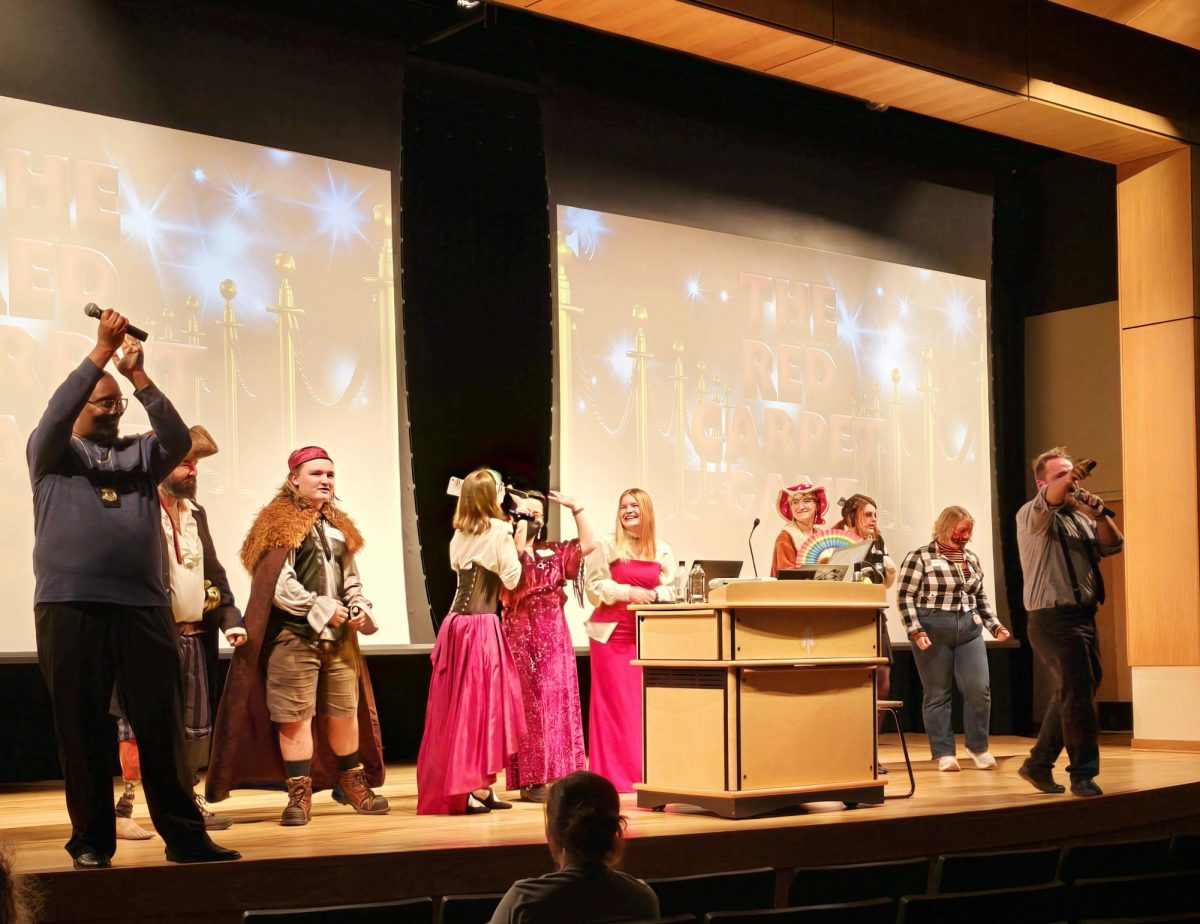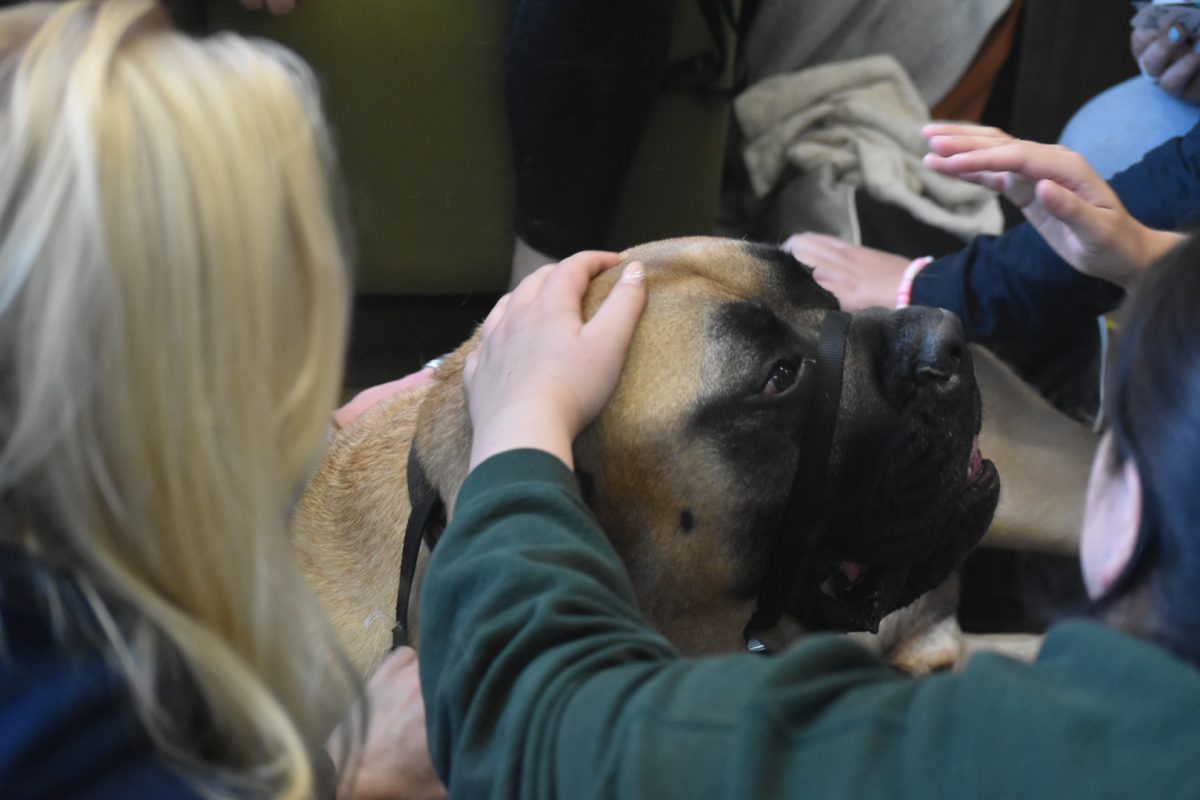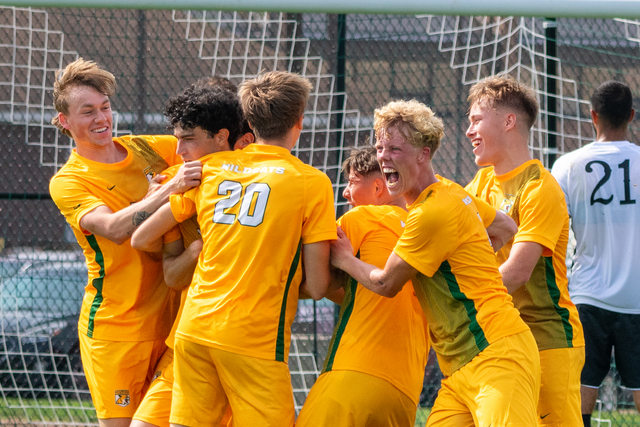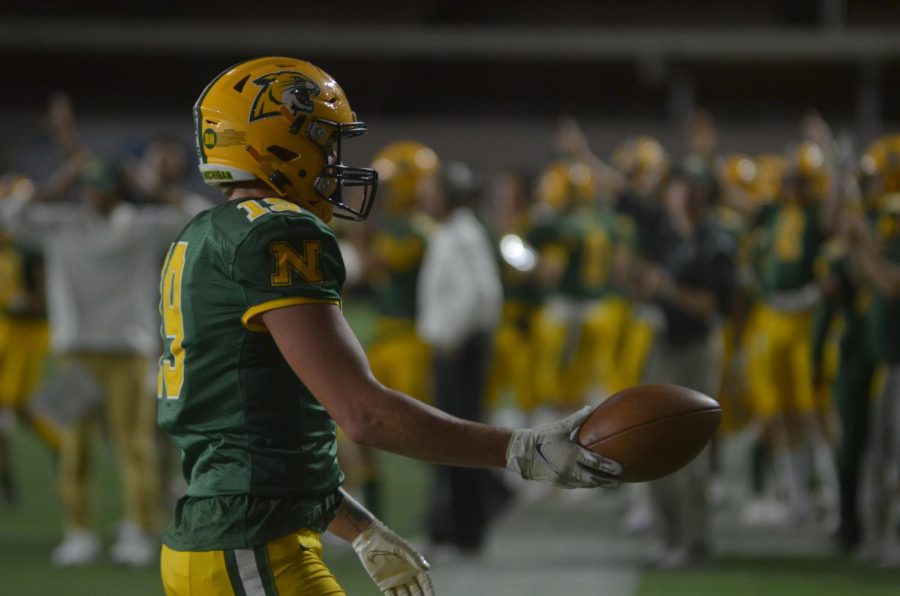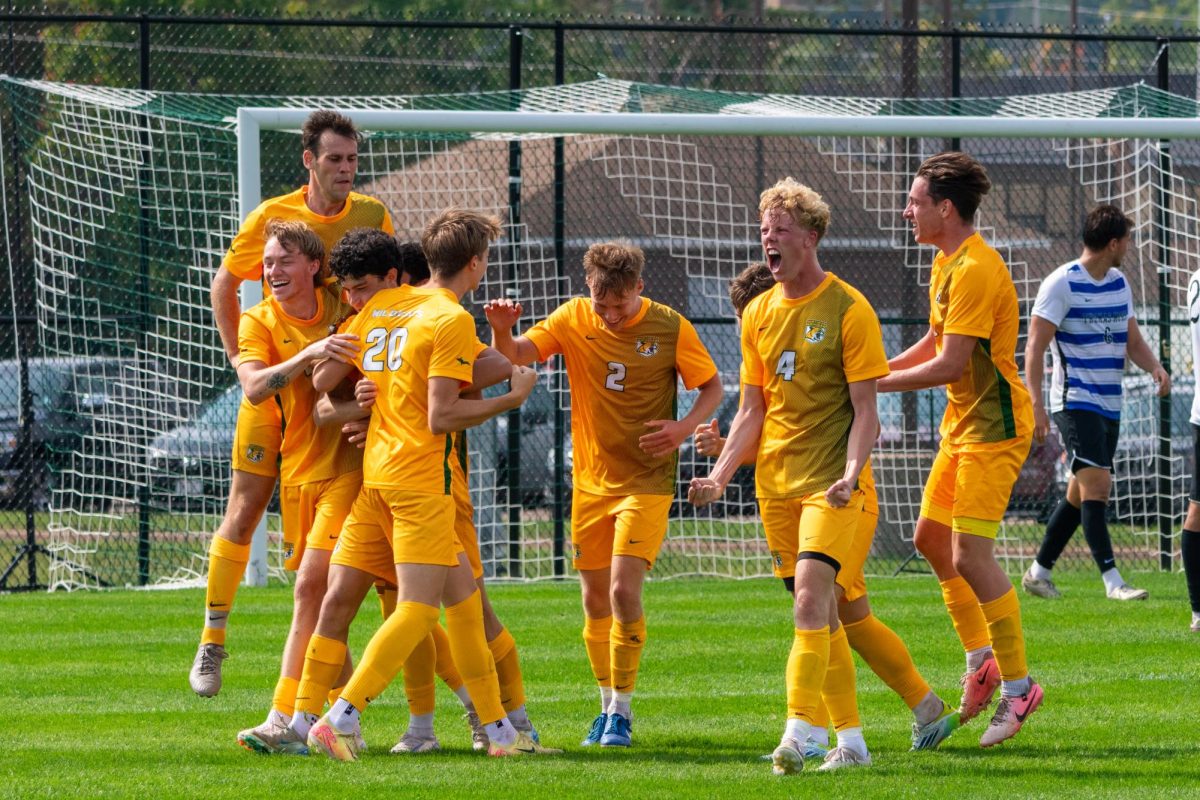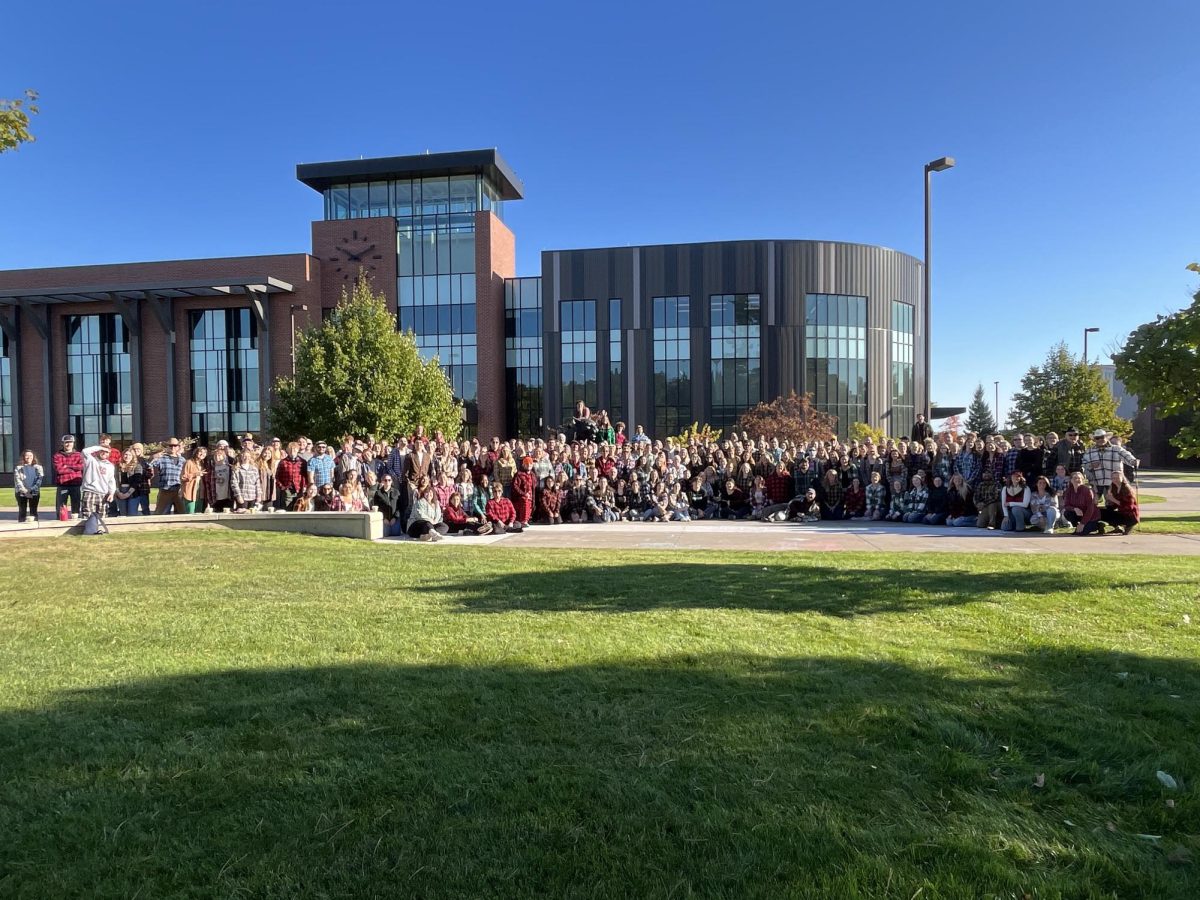There is no science-based rationale for the ruthless and gruesome wildlife killing contests that are held all across Michigan, in which participants compete for cash and prizes for killing the most coyotes, foxes and bobcats as possible. When contestants come to turn in their carcasses, the beautiful animals, reduced to rotting corpses, are piled in pickup trucks, weighed and hung upside down to be counted. After the winning contestants receive their prizes and the celebration ends, the massacred animals may sometimes be sold for their fur, or simply discarded like trash.
This barbaric carnage serves no conservation purpose; it does not reduce conflicts with livestock, nor does it mean more deer or turkeys for hunters. Research done by Carter Niemeyer, a biologist who worked for the U.S. Department of Agriculture’s Wildlife Services, and Robert Crabtree, president and founder of Yellowstone Ecological Research Center, shows that preventive control of coyotes only increases conflict with humans. That’s because randomly killing coyotes, as in wildlife killing contests, doesn’t target those coyotes who are in conflict with humans. Coyote litters may have five or six pups, but only one or two of those pups usually survive due to competition for resources. When humans randomly kill coyotes, fewer coyotes means less competition and a higher survival rate of pups. With more pups to feed, the remaining adult coyotes start to pursue larger prey, such as deer and livestock, rather than sticking with their normal diet of rabbits and other rodents. Additionally, in coyote social groups, only one pair reproduces. If one or both of those breeding coyotes are killed, the other coyotes in the pack start to mate. This also results in many pups to feed, leading coyotes to target larger prey.
More and more ethical hunters are appalled by the practice of wildlife killing contests. The former executive director of the International Hunter Education Association said, “We don’t like anything that smacks [of] commercialization with money or prizes. Anything that doesn’t honor the animal grates on us and seems inherently wrong. These contests create very poor PR for hunters.” The author of “Beyond Fair Chase: The Ethic and Tradition of Hunting,” Jim Posewitz, said that, “Competitive killing seems to lack the appreciation of and the respect for wildlife fundamental to any current definition of an ethical hunter.” And Ted Chu, former wildlife manager with Idaho Fish and Game, said, “Hunting is not a contest and it should never be a competitive activity about who can kill the most or the biggest animals.”
Not only do wildlife killing contests harm ecosystems by removing vital native carnivore species, they are also a public safety risk. There is a strong link between violence towards animals and violence towards humans that the FBI tracks animal abuse along with other crimes like arson and murder. These contests glorify violence and encourage the notion of “killing is fun”—the antithesis of what any parent or community wants to teach children.
“A society that condones unlimited killing of any species for fun and prizes is morally bankrupt,’’ said David R. Parsons, M.S. in wildlife ecology from Oregon State University, retired from U.S. Fish and Wildlife Service. Alternatively, if communities collectively teach children to love, respect and value animals’ lives, how would one expect them to treat fellow human beings?
The brutal bloodsport of wildlife killing contests still exists in our community. The U.P. Predator Challenge has been around since 2003 and will be next held on Feb. 6 to Feb. 9, 2020. An article published on Jan. 25, 2013 by 103FXD reports that this contest started when local sportsmen got “bored” of hunting rabbits, so they decided to start killing predators for prizes instead. Other examples of U.P. contests include the Ontonagon Valley Sportsman’s Club Predator Roundup, the Dickinson County Predator Quest, the Iron County Predator Hunt, and the Snipe Lake Pub and Grill Predator Round Up. And at least a dozen such contests have been held in the Lower Peninsula in recent years.
The former president of the California Fish and Game Commission, Micheal Sutton, said, “Awarding prizes for wildlife killing contests is both unethical and inconsistent with our current understanding of natural systems. Such contests are an anachronism and have no place in modern wildlife management.” Mike Finley, chair of the Oregon Fish and Wildlife Commission, said recently, “Killing large numbers of predators as part of an organized contest or competition is inconsistent with sound, science-based wildlife management and antithetical to the concepts of sportsmanship and fair chase.”
As of December 2019, five states have now banned wildlife killing contests: California, Vermont, New Mexico, Arizona and Massachusetts. Michigan’s responsible hunters, conservationists, and wildlife management professionals should stand up and demand that our state be next on that distinguished list.
If you want to get involved in ending cruel, unsporting and pointless wildlife killing contests in Michigan, please contact Students Against Animal Exploitation, a NMU student group, at [email protected]. You can also learn more from the Humane Society of the United States at www.humanesociety.org/news/better-alive, including how to download their toolkit, “Wildlife Killing Contests: A Guide to Ending the Blood Sport in Your Community.”
Olivia Lubig is a freshman, elementary education major.

